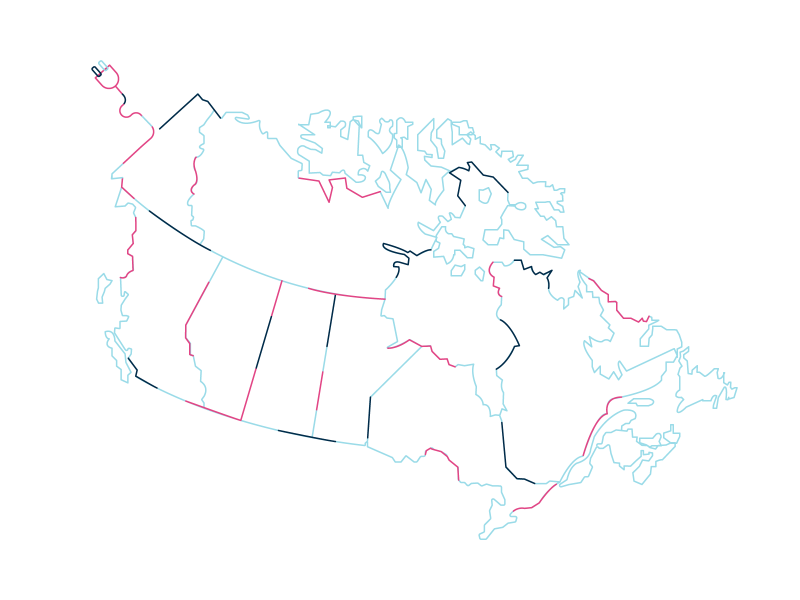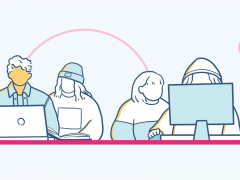About this report
The Digital Literacy + Coding Pilot was designed in partnership with experts in digital literacy and program delivery and took place over almost two years (February 2018–October 2019) in five communities across Ontario. It aimed to catalyze youth digital literacy training in existing community spaces in Belleville, Hamilton, Sudbury, London, and Toronto. The pilot engaged nearly 2,500 participants, of which approximately 30% identified as girls. There were 48 cohorts and 113 events (including March break camps, summer camps, and pop-ups). It was designed and delivered alongside a steering committee of experts in digital literacy education programming, industry, community organizations, and libraries, including a program curriculum that has been made open source and available for anyone to use and remix.
This report captures the thinking behind the pilot and makes a case for supporting accessible, informal, and community-based after-school learning opportunities to reach youth who would otherwise not be able to attend digital literacy education programs. The pilot and this report are a part of our Digital Literacy Research Series.
Read this report to help you:
- Consider how local community organizations and libraries can be supported to engage underserved youth in up-to-date digital literacy education programs.
- Access an open-source digital literacy and coding curriculum for after-school programs for youth.
- Review our recommendations for how governments across Canada could target support to help community organizations and libraries create ongoing impact, alongside the expertise of digital literacy program delivery organizations.









